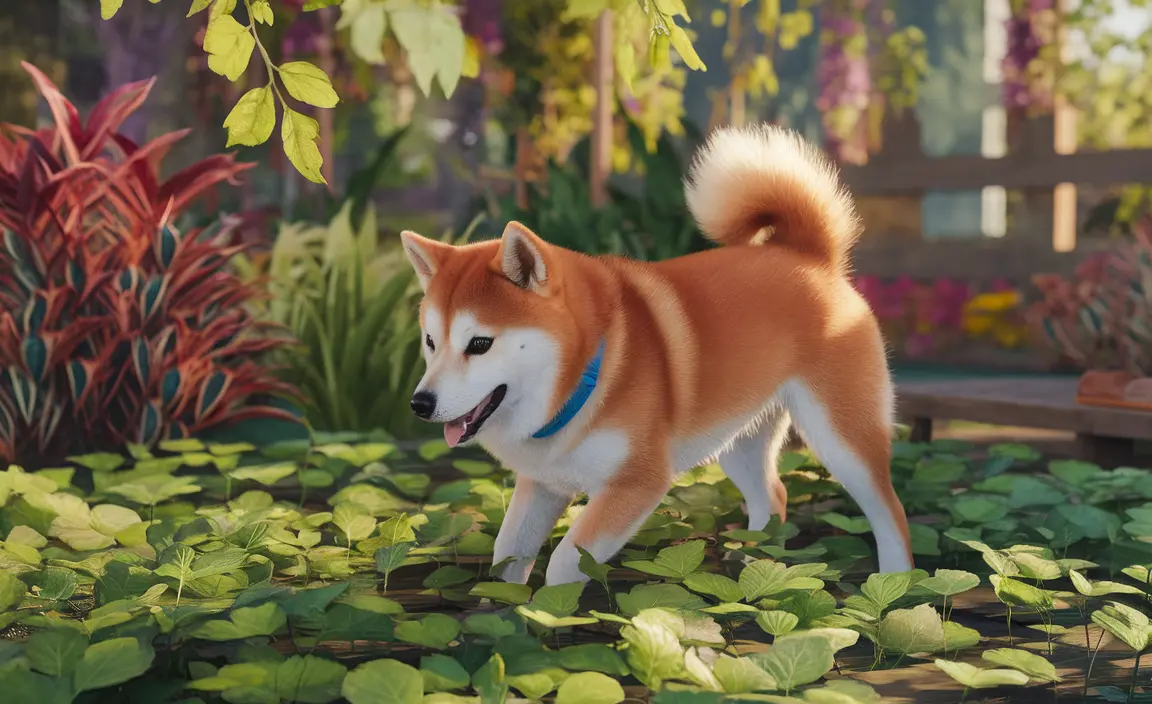As a responsible pet owner, you've likely heard conflicting advice about feeding garlic to dogs. While some claim it offers health benefits, others warn of serious toxicity risks. Understanding the truth about garlic and canine health is crucial for keeping your furry friend safe and healthy.
This comprehensive guide will explore the complex relationship between dogs and garlic, providing expert insights into its potential dangers, recommended precautions, and what every dog owner should know.
Is Garlic Bad for Dogs? The Scientific Perspective
Garlic belongs to the Allium family, which includes onions, chives, and leeks – all of which can be toxic to dogs. The primary concern is a compound called thiosulfate, which can cause significant damage to a dog's red blood cells, potentially leading to a dangerous condition called hemolytic anemia.
How Garlic Toxicity Affects Canine Health
When dogs consume garlic, the thiosulfate compounds interfere with their red blood cells' ability to carry oxygen. This can result in:
- Weakness and lethargy
- Pale gums
- Rapid breathing
- Potential organ damage
- In severe cases, life-threatening anemia
Determining Safe Garlic Consumption for Dogs
While garlic is generally considered toxic, the level of risk depends on several factors, including:
- Dog's body weight
- Quantity of garlic consumed
- Individual dog's sensitivity
- Breed-specific susceptibility
Breed-Specific Garlic Sensitivity
Some dog breeds, particularly Japanese breeds like Akitas and Shiba Inus, are more sensitive to garlic's toxic effects. These breeds may experience more severe reactions even with minimal exposure.
Potential Benefits vs. Risks: A Balanced View
Despite warnings, some proponents argue that tiny amounts of garlic might offer potential benefits. However, veterinary experts generally recommend against this, emphasizing that any potential advantages are far outweighed by the risks.
Natural Alternatives to Garlic
Instead of using garlic as a supposed health supplement or flea repellent, consider these safer alternatives:
- Veterinarian-approved flea treatments
- High-quality, balanced dog nutrition
- Regular health check-ups
- Immune-boosting supplements recommended by professionals
What to Do If Your Dog Consumes Garlic
If you suspect your dog has eaten garlic, immediate action is crucial:
- Contact your veterinarian immediately
- Do not induce vomiting without professional guidance
- Monitor for symptoms of toxicity
- Provide detailed information about the quantity and type of garlic consumed
Frequently Asked Questions
Is garlic bad for dogs, and if so, why?
Yes, garlic is toxic to dogs. It contains thiosulfate compounds that can damage red blood cells, potentially causing hemolytic anemia and serious health complications.
Can dogs eat small amounts of garlic safely, or should it be avoided entirely?
It's best to avoid garlic completely. Even small amounts can be harmful, and the potential risks far outweigh any unproven benefits.
What are the potential health benefits of garlic for dogs, and are they proven?
While some claim garlic offers health benefits, these are not scientifically proven. Veterinary professionals unanimously recommend against giving garlic to dogs.
How much garlic is toxic to dogs, and what are the symptoms of garlic poisoning?
Toxicity varies by dog size, but even small amounts can be dangerous. Symptoms include weakness, pale gums, rapid breathing, and potential organ damage.
Can I use garlic as a natural flea repellent for my dog, or are there safer alternatives?
No, garlic is not a safe or effective flea repellent. Always use veterinarian-approved flea treatments and consult professionals for safe pest control methods.
Remember, when it comes to your dog's health, it's always better to err on the side of caution. Consult with your veterinarian for personalized dietary advice and health recommendations.






